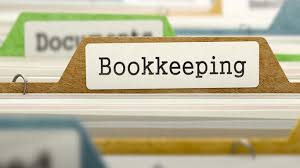 Bookkeeping for media House
Bookkeeping for media House
Here are some of the key financial transactions that a Bookkeeping for media House:
1. Revenue:
This includes all of the money that the media house generates from its sales of products or services, such as advertising, subscriptions, or merchandise.
2. Cost of goods sold:
This is the cost of producing or acquiring the goods or services that the media house sells.
3. Expenses:
This includes all of the other costs that the media house incurs in order to operate, such as salaries, rent, and utilities.
4. Debts and receivables:
This includes the money that the media house owes to creditors, as well as the money that it is owed by customers.
5. Investments:
This includes any assets that the media house owns that are not used in its day-to-day operations, such as stocks or bonds.
6. Cash flow:
This is the net amount of money that the media house generates from its operations.
In addition to these key transactions, media houses may also need to record other financial transactions, such as:
7. Capital expenditures:
This includes the money that the media house spends on long-term assets, such as buildings or equipment.
Deferred revenue: This is revenue that has been earned but not yet collected.
8. Provisions:
This is a liability that the media house has incurred but has not yet paid.
9. Contingencies:
This is a potential liability that the media house may or may not have to pay.
For further details access our website: https://vibrantfinserv.com

The specific financial transactions that a Bookkeeping for media house needs to record will vary depending on the specific business model and operations of the media house.
However, the key transactions listed above are essential for any Bookkeeping for media house to track in order to maintain accurate financial records.
For more information visit this site: https://www.mca.gov.in/